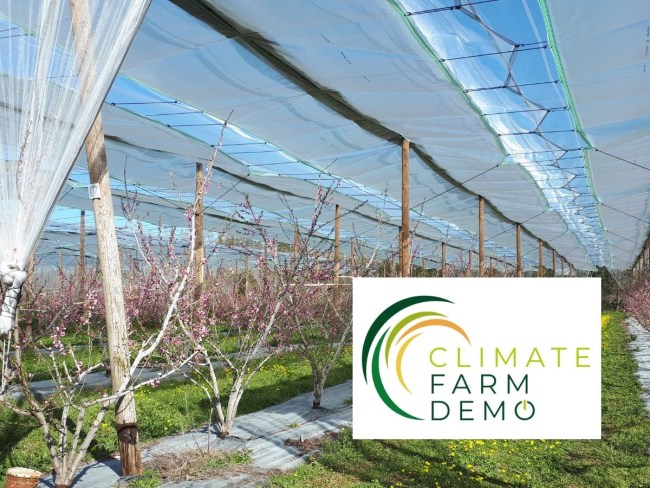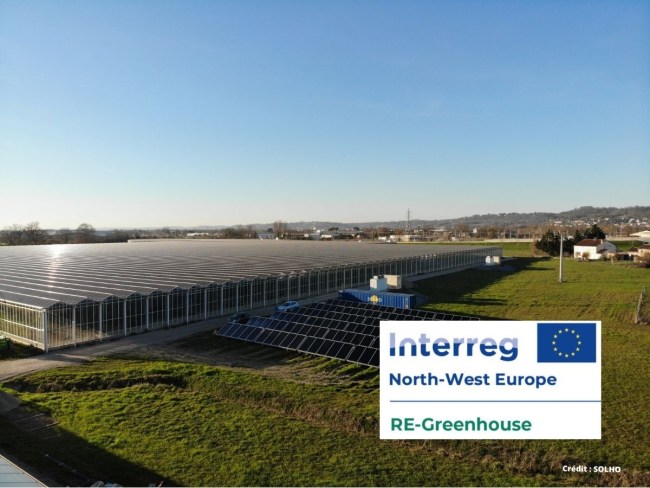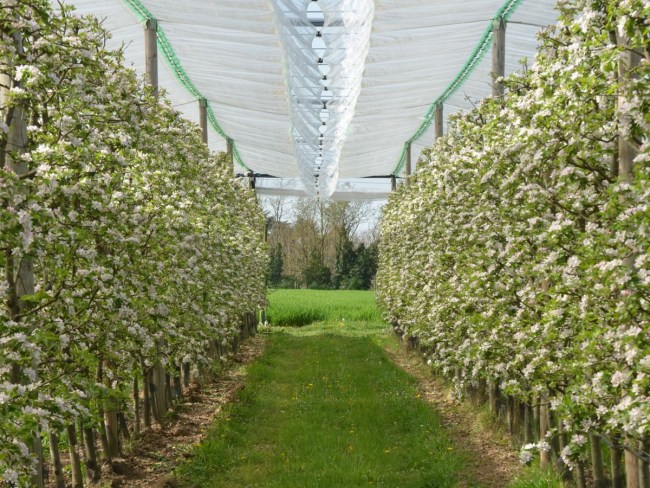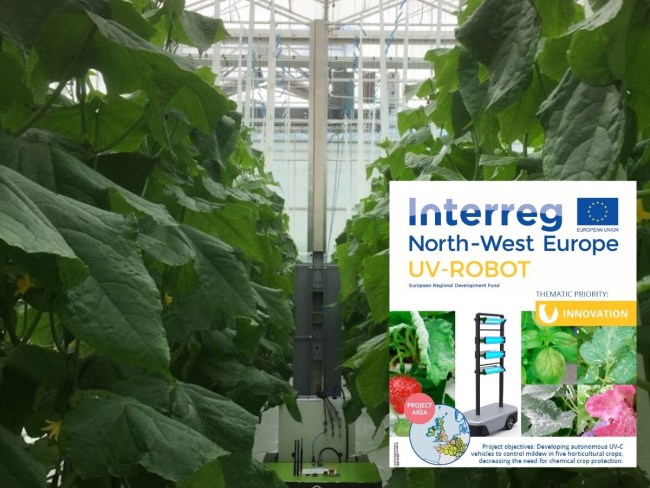DOMINO - Dynamic sod mulching and use of recycled amendments to increase biodiversity, resilience and sustainability of intensive organic apple orchards and vineyards
Project description
Through several experiments performed in organic orchards and vineyards, the DOMINO project evaluates, using common protocols, a series of cropping systems that aim to reduce external inputs, particularly in terms of fertilization, by focusing on the ecosystem services which may be delivered by a selected plant biodiversity. The project focuses on three action levers: i) planting different ground cover species in the rows or interrows for various benefits (weed control, fertilization, pest regulation, additional income with cash crops); ii) managing fertilization by using recycled materials or products from external legume crops; and for some of the partners, iii) evaluating top plastic covering and lateral netting systems for disease and pest control to minimize the use of plant protection products.
Results
The idea of using ground covers with the aim of replacing harmful plant biodiversity with selected plant biodiversity is undermined by the difficulty of obtaining a satisfactory installation of herbaceous species and perpetuating them, without the application additional weed control measures, often manual.
Despite more than 50 ground cover species tested in the project, under very different soil and climatic conditions, it is clear that it is impossible to indicate a species that could be offered to farmers as a "turnkey solution".
The installation of perennial ground covers represents a very heavy investment, the success of which is far from guaranteed; except to identify, in situ, an interesting local species, which the producer will gradually multiply by starting on small surfaces.
In the CTIFL experiment, testing the use of pilosella or mint on the row in organic apple orchards, the investment represented by the introduction of these ground covers was calculated at €25,000 per hectare of orchard, for yield losses of 18 to 20%, a proliferation of rodents, wild boars and deer, and an inability to regulate weeds.
The use of high-biomass leguminous green manures is a more promising option in organic production, but high-performance sowing equipment, specifically adapted to orchards or vineyards, must be developed to guarantee their successful establishment.
Partners


- University Hohenheim (Allemagne)
- Laimburg Research Centre (Italie)
- INHORT (Institute of Horticulture, Poland)
- FIBL(Research Institute of Organic Agriculture, Switzerland)
- Fruit Growing Institut (Bulgaria)





